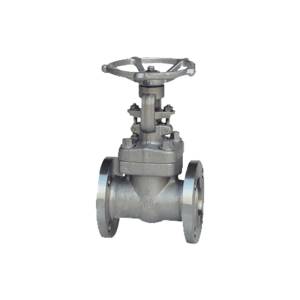Description
Titanium: The Ultimate Metal for Strength, Lightness, and Durability
Titanium is a remarkable transition metal renowned for its exceptional combination of properties, making it a highly sought-after material in diverse industries. Its unique characteristics set it apart, offering benefits unmatched by other metals. This description explores the key features and applications of this extraordinary element.
Unparalleled Properties:
- Exceptional Strength-to-Weight Ratio: Titanium boasts incredibly high tensile strength while remaining remarkably lightweight. Its strength is comparable to steel, yet its density is only about 60% that of steel, making it ideal for applications where weight reduction is critical.
- Excellent Corrosion Resistance: Titanium exhibits exceptional resistance to corrosion, even in harsh environments. It's highly resistant to seawater, chlorine, and many acids, making it perfect for marine applications, chemical processing, and medical implants. This resistance significantly extends the lifespan of products made from titanium.
- High Biocompatibility: Titanium's inertness and exceptional biocompatibility make it a crucial material in the medical field. It's readily accepted by the human body, minimizing the risk of rejection and making it ideal for implants, prosthetics, and surgical instruments.
- High Temperature Resistance: Titanium can withstand high temperatures without significant loss of strength or degradation. This characteristic makes it suitable for applications in aerospace, high-performance engines, and other high-temperature environments.
- Non-Magnetic Properties: Titanium is non-magnetic, making it valuable in applications where magnetic fields need to be avoided or minimized.
- Fatigue Resistance: Titanium demonstrates outstanding resistance to fatigue, meaning it can withstand repeated stress cycles without failure. This property is essential for applications experiencing constant vibration or fluctuating loads.
Applications Across Industries:
Titanium's versatility allows for its use in a vast array of applications, including:
- Aerospace: Aircraft components (engines, frames, landing gear), spacecraft parts, and missiles.
- Medical: Implants (joint replacements, dental implants, bone plates), surgical instruments, and medical devices.
- Chemical Processing: Reactors, pipes, valves, and other components handling corrosive chemicals.
- Marine: Boat hulls, propeller shafts, and other underwater components.
- Automotive: High-performance engine parts and lightweight body components.
- Consumer Goods: High-end sporting goods (golf clubs, bicycle frames), luxury watches, and jewelry.
- Military: Armor, weaponry, and other military applications.
Grades and Alloys:
Titanium exists in various grades and alloys, each tailored to specific applications. These variations allow for fine-tuning properties like strength, ductility, and corrosion resistance. The selection of the appropriate grade is crucial for achieving optimal performance in a given application.
Conclusion:
Titanium's unique combination of high strength, low weight, excellent corrosion resistance, and biocompatibility makes it a truly exceptional material. Its diverse applications highlight its importance across various industries, continually pushing the boundaries of innovation and performance. Choosing titanium often signifies a commitment to quality, durability, and advanced engineering.
